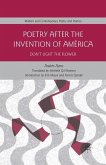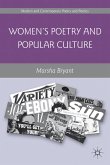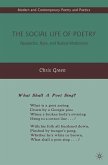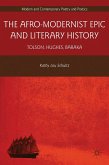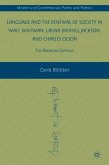This collection of essays traces the emergence of the Western poem from the standpoint of its collision with "American" otherness, particularly, the Latin American tradition. Unlike works extending Western conceptions of writing or searching for an alleged American ethnopoetics, this book approaches literature as a Western invention and, in turn, seeks out correspondences between traditions
"First, the book is the sum of the autographic inversion(s) of at least five people: Andean Andrés Ajens and his singular essays/assays; Forrest Gander and Erin Moure, tutelary figures demanding cognizance of the nonliterary or ancestral coeval others in American poetry; Alberto Moreiras, whose foreword truly steps forward; and Michelle Gil-Montero, whose careful translation or "dis[em]placement" is a stunning tour de force. Second, the whole book is written in a different chromatic scale of language and history from that usual in the West. This is a veritable tinku (or encounter) that seeks to deblock contaminated thinking about
poeisis in the Americas; it explores what Ajens calls "misture" to denote both the "métis-isation" and a greater "metasisization" in the usual commentary on indigenous thinking expressed only in terms of European culture in the familiar myth of "Conqu-west." Instead of exclusion, he prefers an invitation to partake of a treasure trove that includes Aristotle, Celan, Poe, Derrida, and others in joyful confluence with Aymara, Quechua, Mazateca, and Mapudungun. These important, far-reaching essays, sometimes angry but always playful, are a necessary reminder that culture and poetry existed in the Americas long before 1492. Summing Up: Highly recommended. Upper-division undergraduates and above." - CHOICE
poeisis in the Americas; it explores what Ajens calls "misture" to denote both the "métis-isation" and a greater "metasisization" in the usual commentary on indigenous thinking expressed only in terms of European culture in the familiar myth of "Conqu-west." Instead of exclusion, he prefers an invitation to partake of a treasure trove that includes Aristotle, Celan, Poe, Derrida, and others in joyful confluence with Aymara, Quechua, Mazateca, and Mapudungun. These important, far-reaching essays, sometimes angry but always playful, are a necessary reminder that culture and poetry existed in the Americas long before 1492. Summing Up: Highly recommended. Upper-division undergraduates and above." - CHOICE


